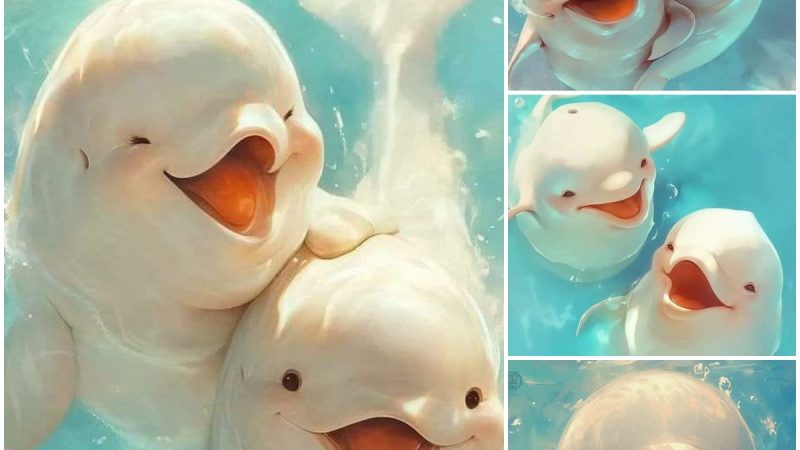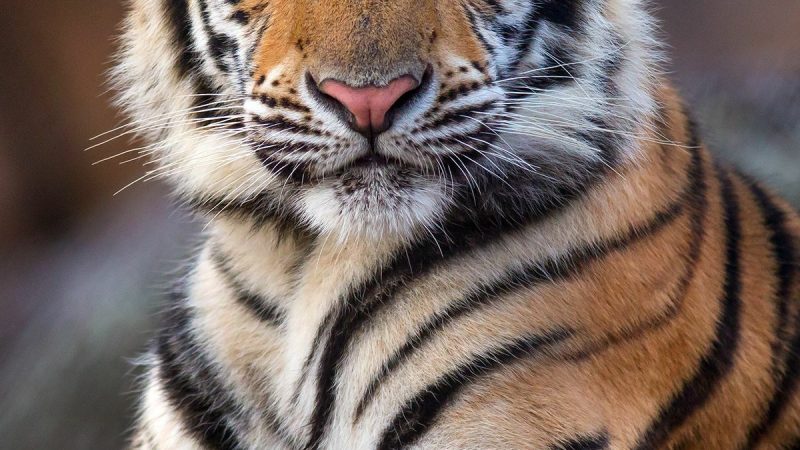Dancing with Dolphins: Graceful Guardians of the Ocean

The dolphin, a marine marvel, has long been a symbol of intelligence, playfulness, and harmony in the vast oceans that cover our planet. As highly social and intelligent creatures, dolphins captivate the imagination of both marine biologists and admirers of the sea alike.

Dolphins are known for their strong sense of community and social bonds. They often travel in pods, forming close-knit family units that share a unique language of clicks and whistles. These highly social mammals exhibit a remarkable level of cooperation, hunting together and even playing intricate games that highlight their intelligence and social complexity.

One of the most enchanting aspects of dolphins is their acrobatic displays. With sleek bodies and streamlined fins, they effortlessly glide through the water, leaping into the air and performing somersaults. These displays, often seen as a form of communication or play, showcase the agility and beauty of these oceanic performers.

Dolphins are renowned for their sophisticated communication skills. Research has revealed that dolphins have a complex system of vocalizations and body language, allowing them to convey messages and coordinate group activities. Their high levels of intelligence are evident in problem-solving abilities and tool use, making them one of the most intellectually advanced species in the ocean.

Despite their charismatic presence and vital role in marine ecosystems, dolphins face numerous threats. Pollution, habitat degradation, and accidental entanglement in fishing gear are pressing issues. Climate change and human activities such as boat traffic also pose risks to their well-being. Conservation efforts are essential to ensure the survival of these remarkable creatures and the preservation of oceanic biodiversity.
The unique bond between humans and dolphins goes beyond scientific curiosity. Dolphins have long captured human hearts through mythology, folklore, and modern interactions in marine parks and eco-tourism. Responsible tourism practices, however, must prioritize the welfare of these creatures, fostering an ethical balance between human enjoyment and the conservation of wild dolphin populations.

International organizations and marine conservation groups are working tirelessly to protect dolphins and their habitats. Initiatives include the establishment of marine protected areas, research on dolphin behavior and communication, and educational programs aimed at raising awareness about the importance of preserving our oceans and the incredible life within them.
Dolphins, with their playful spirit and intelligence, serve as ambassadors of the ocean, reminding us of the beauty and fragility of marine ecosystems. As guardians of the sea, it is our responsibility to protect these extraordinary creatures and the habitats they call home. Through conservation efforts, sustainable practices, and increased awareness, we can ensure a future where dolphins continue to enchant and inspire generations to come, contributing to the rich tapestry of life beneath the waves.



